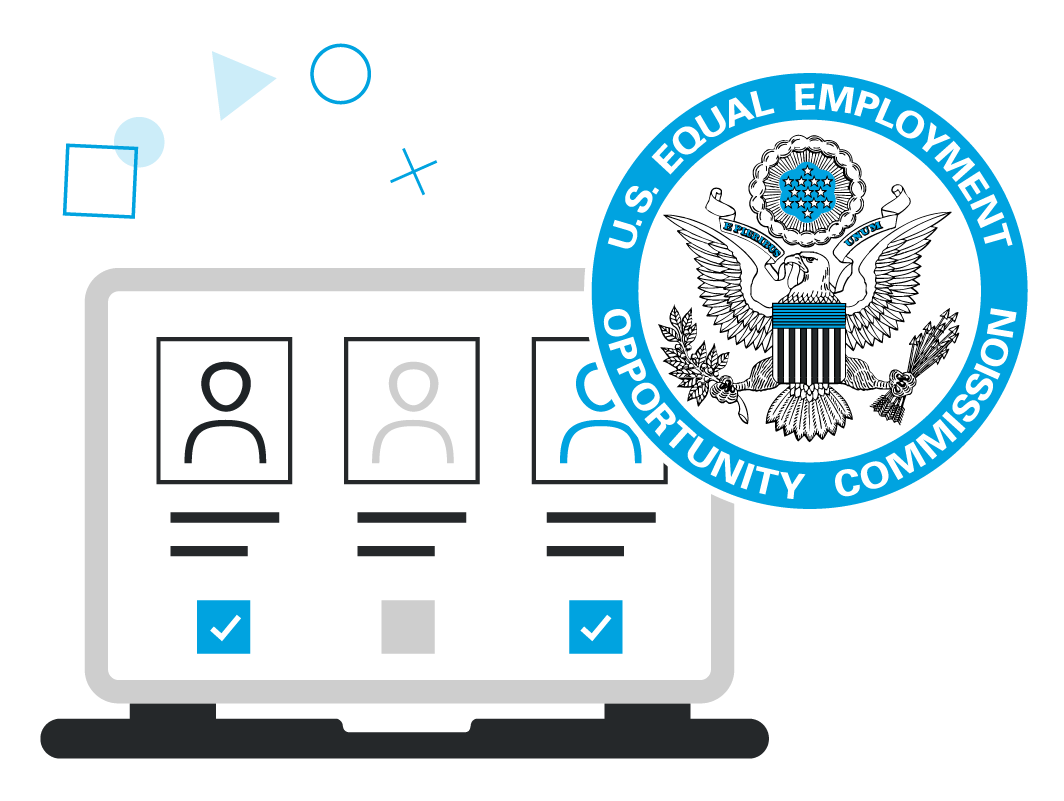
![]()
Last month, the New Jersey Division on Civil Rights released its guidance on enforcement of the Diane B. Allen Equal Pay Act (the “Allen Act”). The Allen Act represents a high watermark for state equal pay legislation. It contains numerous provisions designed to promote pay equity, including expanded remedies for victims of pay discrimination, limiting employer defenses to charges of pay discrimination, broad anti-retaliation provisions, and employer pay data reporting obligations. The guidance can be found here. Particularly helpful to employers is the Frequently Asked Questions section, which provides everything from basic compliance information to highly technical troubleshooting. Below, we focus on some key provisions in the guidance.
NJ Encourages a Proactive Stance on Pay Equity
In the Guidance, the Division on Civil Rights encourages businesses to conduct equal pay audits, stating:
“DCR encourages employers to take proactive steps to address pay disparities among their employees and to ensure they are in compliance with the Equal Pay Act. In proceedings before DCR, if an employer has proactively conducted a self-evaluation of its pay practices and then made adjustments in compensation based on that self-evaluation, those adjustments will not be treated as an admission of liability.”
This is a type of “mini” safe harbor, where, in administrative proceedings before the state agency only (e.g. not in court or arbitration), the state is saying that it will not treat the decision to conduct an equal pay audit as an admission of an equal pay violation. In other words, the state agency will not penalize employers for doing the right thing on pay equity.
Liabilities
The Allen Act carries heavy penalties for an employer who violates the equal pay law, as well as New Jersey’s Laws Against Discrimination, which are amended by the Allen Act. In particular, an employee who establishes a violation of the Equal Pay Act can receive some or all of the following remedies:
1. An order requiring the employer to cease and desist from the unlawful employment practice;
2. Lost wages and benefits (including 3x damages for equal pay or anti-retaliation violations);
3. Hiring, reinstatement, or promotion as appropriate, with back pay and interest;
4. Emotional distress damages;
5. Reasonable attorneys’ fees if the complainant was represented by counsel;
6. Out-of-pocket expenses associated with pursuing the complaint; and
7. Punitive damages (in cases filed in Superior Court only).
In addition, the New Jersey Division on Civil Rights may order an employer to pay monetary damages, implement policy changes or undergo monitoring.
Permissible Variations in Pay
Under the federal Equal Pay Act of 1963 (“EPA”), there are exceptions to the general rule that prohibits an employer from paying an employee who is a member of a protected class less for equal work than an employee who is not a member of that protected class. These exceptions include where payment is made pursuant to (i) a seniority system; (ii) a merit system; (iii) a system which measures earnings by quantity or quality of production; or (iv) a “differential based on any other factor other than sex.” Under the Allen Act, the exceptions are much narrower. First, the pool of comparable employees is much broader under the Allen Act. The Allen Act’s standard is “equal pay for substantially similar work” versus the EPA, which utilizes the standard “equal pay for equal work.” Second, the Allen Act permits pay differentials for employees performing substantially similar work only when payment is made pursuant to (i) a seniority system or (ii) a merit system. Additionally, all five of the following must be true:
a. “That the [pay] differential is based on one or more legitimate, bona fide factors other than the characteristics of members of the protected class, such as training, education or experience, or the quantity or quality of production;
b. That the factor or factors are not based on, and do not perpetuate, a differential in compensation based on sex or any other characteristic of members of a protected class;
c. That each of the factors is applied reasonably;
d. That one or more of the factors account for the entire wage differential; and
e. That the factors are job-related with respect to the position in question and based on a legitimate business necessity. A factor based on business necessity shall not apply if it is demonstrated that there are alternative business practices that would serve the same business purpose without producing the wage differential.
Employers should pay special attention to the Allen Act’s requirements in this regard, as employers have the burden of demonstrating that a pay differential is permissible.
Ultimately, New Jersey employers should consider a comprehensive pay equity audit to assess pay gaps and pay disparities in their compensation structures. Such an audit should be an essential part of an employers’ pay equity strategy. A pay equity audit can be conducted under the attorney client privilege using a combination of gender pay gap software and expertise in pay equity regulations and statistical models. However the analysis is conducted, employers should keep in mind the Triangle of TrustSM: trust in data, trust in software and trust in regulatory expertise. Click here to find out more about how Trusaic can help your organization achieve its pay equity goals.



